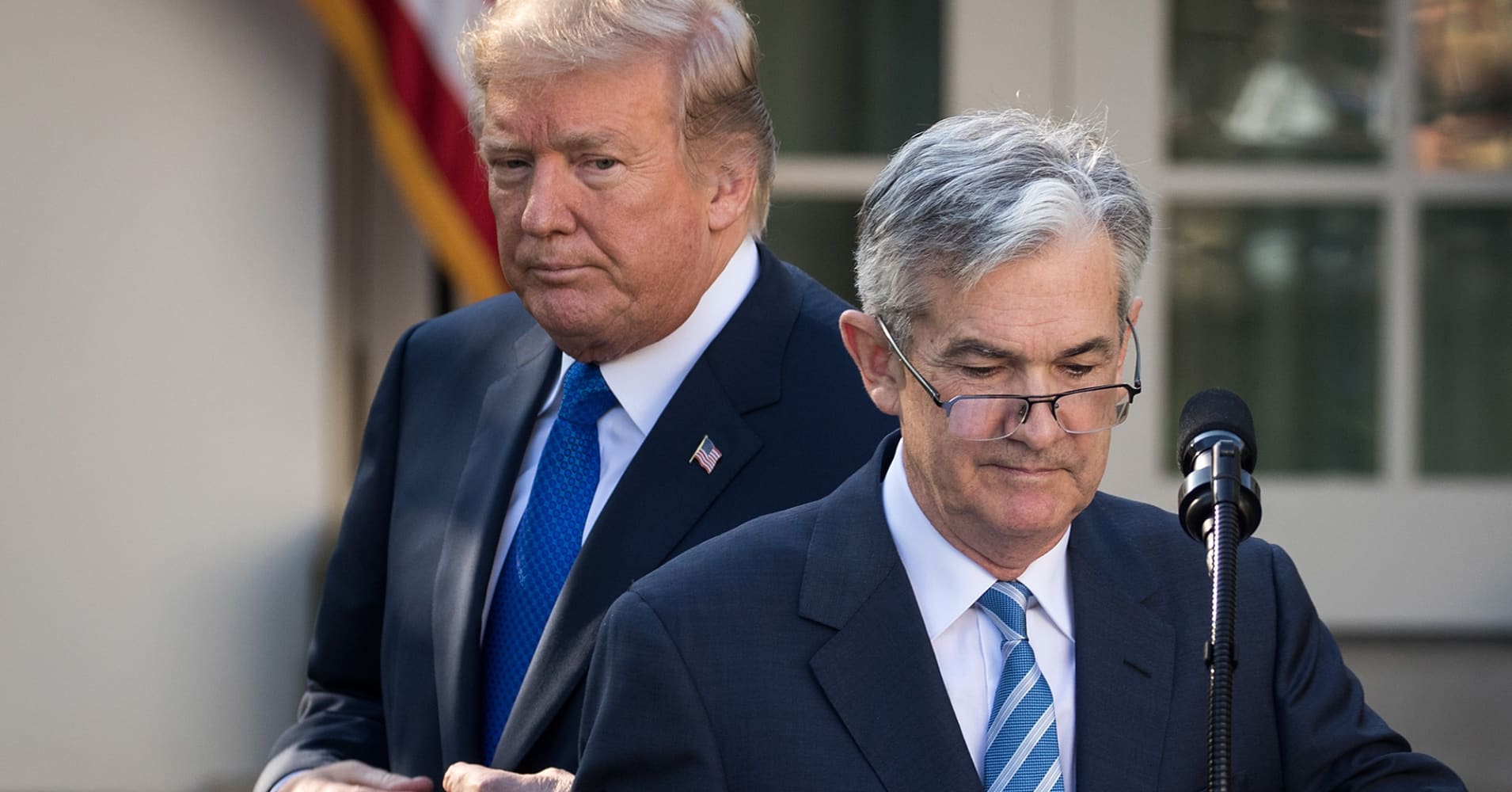
“I think the Fed is making a mistake. They are so tight. I think the Fed has gone crazy,” the president told reporters in October.
The independence of the Fed is one of the pillars of confidence global investors have in the U.S. financial system. Powell’s removal would undermine that confidence because it would now seem the most important central bank was now under the control of a politician, who may not always have the best interests of the economy at heart. Sometimes it’s necessary to raise interest rates to keep inflation in check. The Fed has a dual mandate: to maximize employment and stabilize inflation.
After Trump first began his criticism of the Fed in July, former Dallas Fed President Richard Fisher told CNBC the president was out of line.
“One of the hallmarks of our great American economy is preserving the independence of the Federal Reserve. No president should interfere with the workings of the Fed,” Fisher said. “Were I Chairman Powell, I would ignore the president and do my job and I am confident he will do just that.”
The S&P 500 sits less than 3 percent away from a bear market, pushed there by Fed fears, but also by the trade battle Trump has waged with China and turmoil within his own administration. Contrary to what occurred when he first took office, the president’s comments and actions have now turned into a negative for the stock market, because of the uncertainty he is causing.
If Trump were to try to remove Powell or force his resignation it could cause the market to drop at least another five percent, according to Jeff Kilburg, CEO of KKM Financial in Chicago.
But Trump may want to wait and see, Kilburg said, as the Fed is likely to be less aggressive with rate hikes next year.
“Powell will only go one or two times in 2019,” he said.
Click here for the full Bloomberg News story.
Be the first to comment